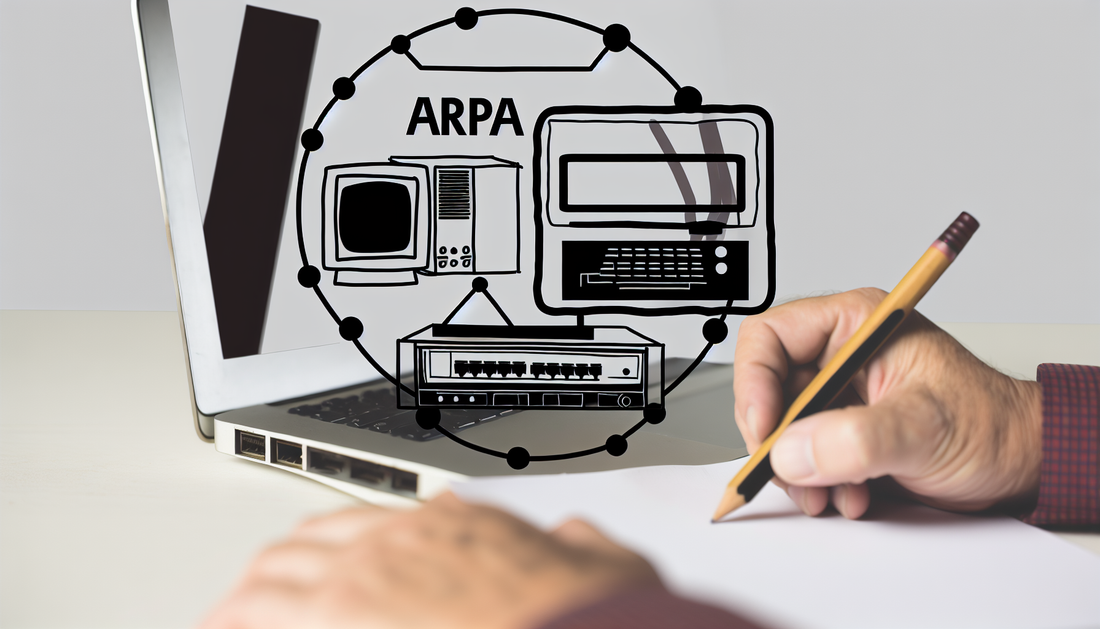
Unlocking Privacy: The Power of ARPA Blockchain
Share
How ARPA Works: Understanding the Privacy-Preserving Blockchain Network
ARPA, the native token of the ARPA Network, underpins a cutting-edge blockchain platform that focuses on privacy-preserving computation. By leveraging cryptographic methods such as Multi-Party Computation (MPC), ARPA enables efficient data sharing and collaboration without compromising sensitive information. This makes it a pivotal tool in industries requiring data security, including healthcare, finance, and advertising.
The Core Technology Behind ARPA
At the heart of ARPA's functionality is the Multi-Party Computation (MPC) protocol. Using MPC, multiple parties can jointly compute a function over their inputs while keeping those inputs completely private. For instance, two organizations can perform computations on a shared dataset (such as analyzing customer behavior) without revealing their proprietary data to each other.
ARPA achieves this by transforming computational calculations into encrypted forms. Only the final output of these calculations is accessible to authorized participants, ensuring maximum data confidentiality. This innovation opens up possibilities for secure collaboration across entities that would otherwise be hesitant to share crucial data.
Interoperability and Smart Contract Integration
ARPA is designed to integrate with existing blockchain ecosystems via Layer-2 scaling. This means developers can incorporate ARPA's privacy-preserving computation capabilities into their dApps or smart contracts on major platforms like Ethereum and Binance Smart Chain. The result is a frictionless user experience enriched with enhanced privacy tools for transactions and automated decision-making.
For developers seeking insights into how smart contracts function in decentralized ecosystems, a related article titled The Disruption of Traditional Legal Frameworks by Smart Contracts An Overlooked Challenge for Crypto Governance dives deeper into this transformative technology.
Use Case Scenarios for ARPA
1. **Data Renting and Sharing**: Enterprises can securely rent computational power or share data insights without transferring raw data.
2. **Anti-Fraud Solutions**: Financial institutions can collaborate to detect fraudulent activities without exposing sensitive client information.
3. **Targeted Advertising**: ARPA’s technology ensures improved audience targeting in privacy-friendly ways, respecting user consent while enabling robust ad analytics.
ARPA Nodes and Incentives
ARPA's decentralized network relies on distributed compute nodes to execute its privacy-preserving functions. These nodes perform secure computations and are rewarded in ARPA tokens. By incentivizing reliable node operators, ARPA ensures the network remains robust, secure, and scalable—all critical factors in handling enterprise-grade data collaborations.
